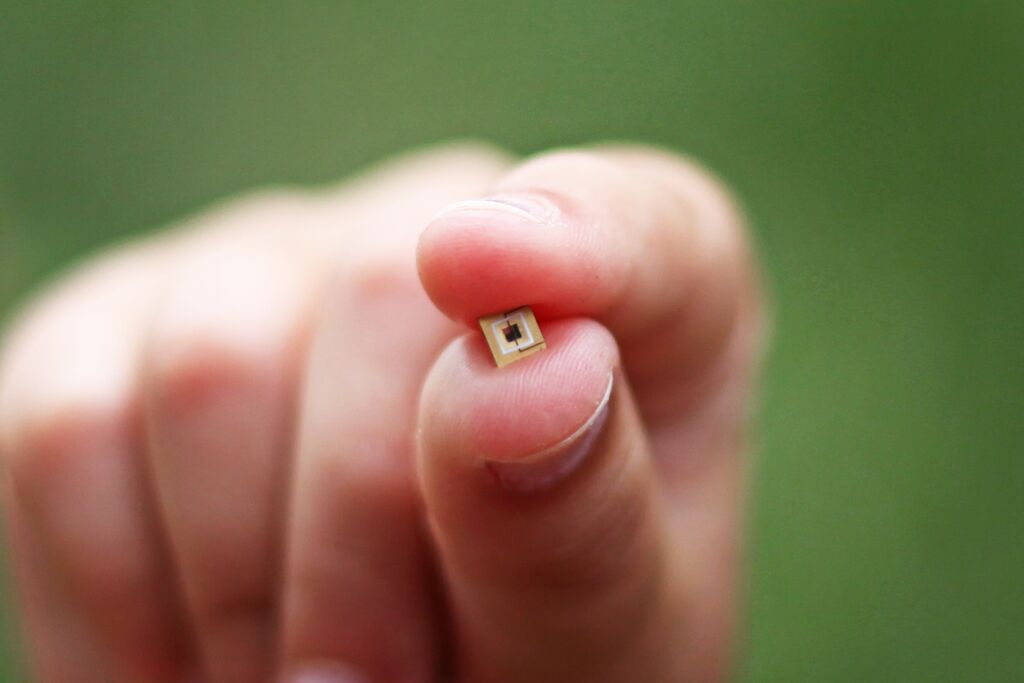AquiSense Technologies (Europe) Ltd, the wholly owned subsidiary of AquiSense Technologies LLC, was selected to participate in the EU-funded Biocontamination Integrated Control for Wet Systems for Space Exploration (BIOWYSE) project. AquiSense is a member of the seven-company BIOWYSE consortium that includes Italian company, Thales Alenia Space, one of the primary suppliers to the International Space Station.
The BIOWYSE consortium intends to build and test innovative prevention, monitoring and mitigation modules that will be integrated into a compact system on the international space station. AquiSense’s role in the project will be to design the key technology within the decontamination module. The decontamination module will employ the company’s UV-C LED technology, similar to that used in the company’s PearlAqua product for water disinfection.
 Tiny UV-C LEDs to be used in Decontamination module of BIOWYSE Project — AquiSense |
Richard Simons, a Ph.D. Graduate Engineer from Imperial College London, has been appointed Program Manager for AquiSense. AquiSense’s CTO Jennifer Pagan, PhD said, A
The goal of the BIOWYSE project is to develop and demonstrate an integrated biocontamination control system for water and humid areas.
The demonstration of the system will be on the International Space Station and future human exploration missions. The BIOWYSE project including the project proposal stems from state-of-the-art prevention, monitoring and mitigation technologies and the results of actual flight experiments.
AquiSense’s CTO Jennifer Pagan, PhD said, “It is literally an engineer’s dream to be able to apply their work to something as technically advanced as the space station. I am thrilled that our water disinfection technology will be used to help keep the astronauts safe.”
The consortium also plans to investigate potential spin-off developments for terrestrial water management.
This project received funding through the European Union’s Horizon 2020 research and innovation programme under grant agreement No. 687447.
Total funding for the two-year project is €3 Million.




